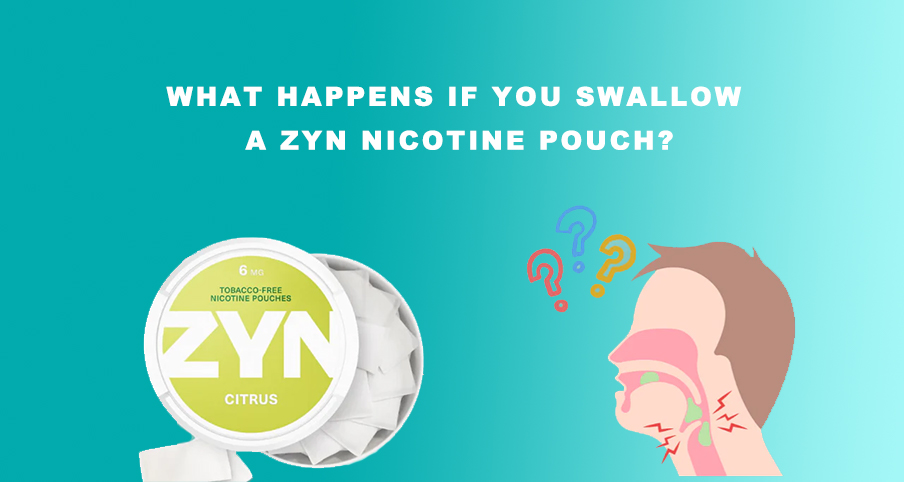Nicotine is a naturally occurring alkaloid found in tobacco plants and is widely known for its presence in traditional cigarettes, e-cigarettes, and other nicotine products. While nicotine is often associated with health risks due to its addictive nature and its presence in harmful tobacco products, it’s essential to understand its effects comprehensively. This article will delve into whether nicotine is good for you, introducing various products containing nicotine, discussing their pros and cons, and examining the broader implications of nicotine use.

Understanding Nicotine
Nicotine is a stimulant that affects the central nervous system, leading to increased alertness, improved mood, and enhanced cognitive function. However, it is also highly addictive, which can lead to dependency and various health issues.
The Pros and Cons of Nicotine
Pros of Nicotine
- Cognitive Enhancement:
- Improved Focus and Attention: Nicotine can enhance concentration and attention, making it easier for individuals to perform complex tasks.
- Memory Improvement: Some studies suggest nicotine may improve short-term memory and cognitive function, potentially benefiting individuals with conditions like Alzheimer’s disease.
- Mood Regulation:
- Stress Relief: Nicotine can induce a temporary feeling of relaxation and reduce stress, which is why many people use it as a coping mechanism.
- Mood Enhancement: It can also improve mood and reduce symptoms of depression and anxiety in some individuals.
- Weight Management:
- Appetite Suppression: Nicotine is known to suppress appetite, which can help with weight management and reduce the risk of obesity-related diseases.
Cons of Nicotine
- Addiction:
- High Dependency: Nicotine is one of the most addictive substances, leading to physical and psychological dependence.
- Withdrawal Symptoms: Quitting nicotine can result in withdrawal symptoms such as irritability, anxiety, and strong cravings.
- Health Risks:
- Cardiovascular Issues: Nicotine raises blood pressure and heart rate, increasing the risk of heart disease and stroke.
- Respiratory Problems: Inhaling nicotine, particularly through smoking, can cause lung damage and respiratory issues.
- Impact on Young Adults:
- Brain Development: Nicotine use during adolescence can negatively impact brain development, leading to cognitive and behavioral issues.
- Gateway to Other Substances: Early nicotine use can increase the likelihood of experimenting with other addictive substances.
Products Containing Nicotine
1. Traditional Cigarettes
Description: Traditional cigarettes contain dried tobacco leaves rolled in paper. When smoked, they release nicotine along with thousands of other harmful chemicals.
Pros:
- Quick Nicotine Delivery: Provides a rapid and effective way to deliver nicotine to the bloodstream.
- Social Aspect: Smoking can be a social activity, providing a sense of community among smokers.
Cons:
- Health Risks: Causes lung cancer, respiratory diseases, heart disease, and many other health issues.
- Secondhand Smoke: Harmful to non-smokers, including children and pets, due to exposure to toxic chemicals in the smoke.
2. E-Cigarettes (Vaping)
Description: E-cigarettes are electronic devices that heat a liquid (e-liquid) containing nicotine, producing an aerosol (vapor) that users inhale.
Pros:
- Reduced Harm: Considered less harmful than traditional cigarettes because they eliminate combustion and many harmful byproducts.
- Flavor Variety: Available in numerous flavors, making the experience enjoyable for users.
- Control Over Nicotine Levels: Users can choose e-liquids with different nicotine strengths, allowing for gradual reduction.
Cons:
- Health Uncertainty: Long-term health effects are still being studied, and some e-liquids contain harmful chemicals.
- Youth Appeal: Attractive flavors and sleek designs can appeal to young users, potentially leading to nicotine addiction.
3. Nicotine Patches and Gum
Description: Nicotine patches and gum are nicotine replacement therapies (NRTs) designed to help people quit smoking by providing a controlled dose of nicotine.
Pros:
- Controlled Delivery: Provides a steady and lower dose of nicotine, reducing withdrawal symptoms.
- No Inhalation: Eliminates the risks associated with inhaling nicotine and other harmful substances.
Cons:
- Limited Satisfaction: May not satisfy the craving for the hand-to-mouth action of smoking.
- Side Effects: Can cause side effects such as skin irritation (patches) or mouth soreness (gum).
4. Nicotine Pouches
Description: Nicotine pouches are small, tobacco-free pouches containing nicotine and other ingredients. Users place them between the gum and lip to absorb nicotine.
Pros:
- Discreet Use: Can be used discreetly without producing smoke or vapor.
- No Tobacco: Eliminates the risks associated with tobacco products.
Cons:
- Health Risks: Still carries the risk of addiction and potential side effects such as gum irritation.
- Limited Research: Long-term health effects are not well understood.
5. Nicotine Lozenges
Description: Nicotine lozenges are small, candy-like tablets that dissolve in the mouth, releasing nicotine to help reduce cravings and withdrawal symptoms.
Pros:
- Convenient: Easy to use and carry, providing a controlled dose of nicotine.
- No Inhalation: Avoids the risks associated with smoking or vaping.
Cons:
- Taste: Some users may find the taste unpleasant.
- Side Effects: Can cause mouth and throat irritation, hiccups, and digestive issues.
Conclusion
Nicotine, while offering some cognitive and mood-related benefits, is primarily known for its addictive nature and associated health risks. Various nicotine products provide different methods of delivery, each with its own set of pros and cons. Traditional cigarettes pose significant health risks, while e-cigarettes, nicotine patches, gum, pouches, and lozenges offer potentially less harmful alternatives.
Ultimately, the decision to use nicotine products should be made with a thorough understanding of the risks and benefits. For those seeking to quit smoking, nicotine replacement therapies and e-cigarettes can be effective tools when used responsibly. However, it’s crucial to approach nicotine use with caution and awareness, prioritizing long-term health and well-being over short-term benefits.


